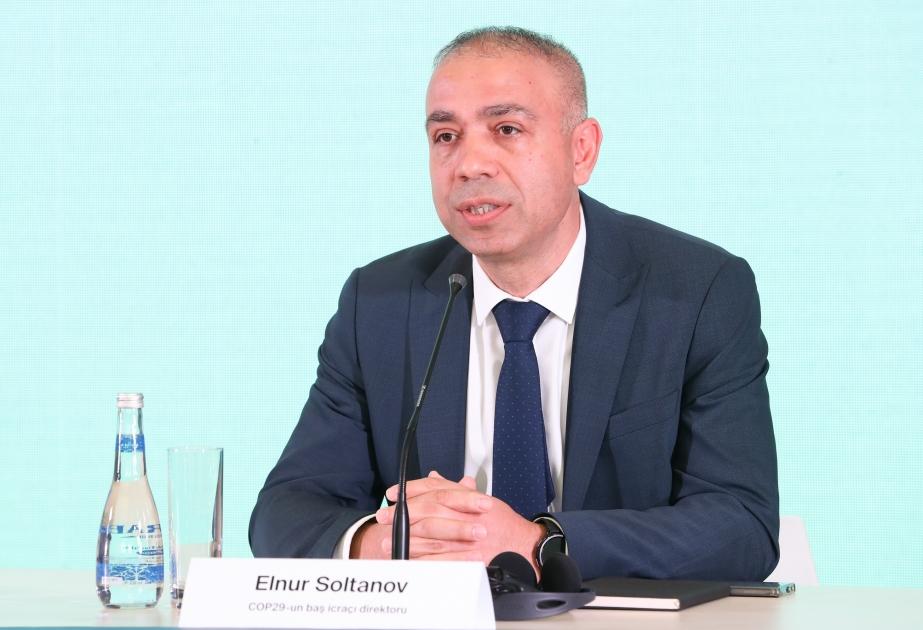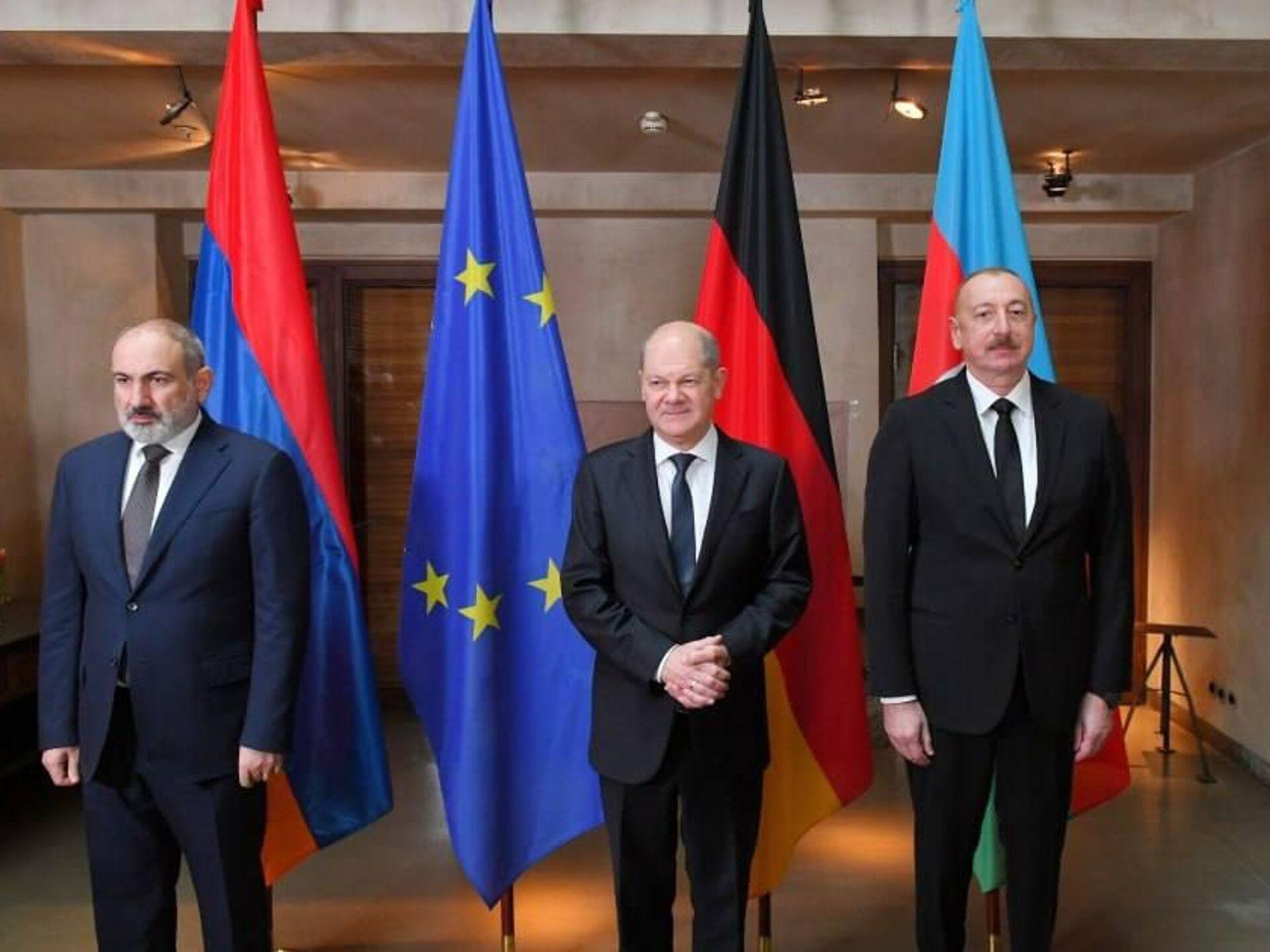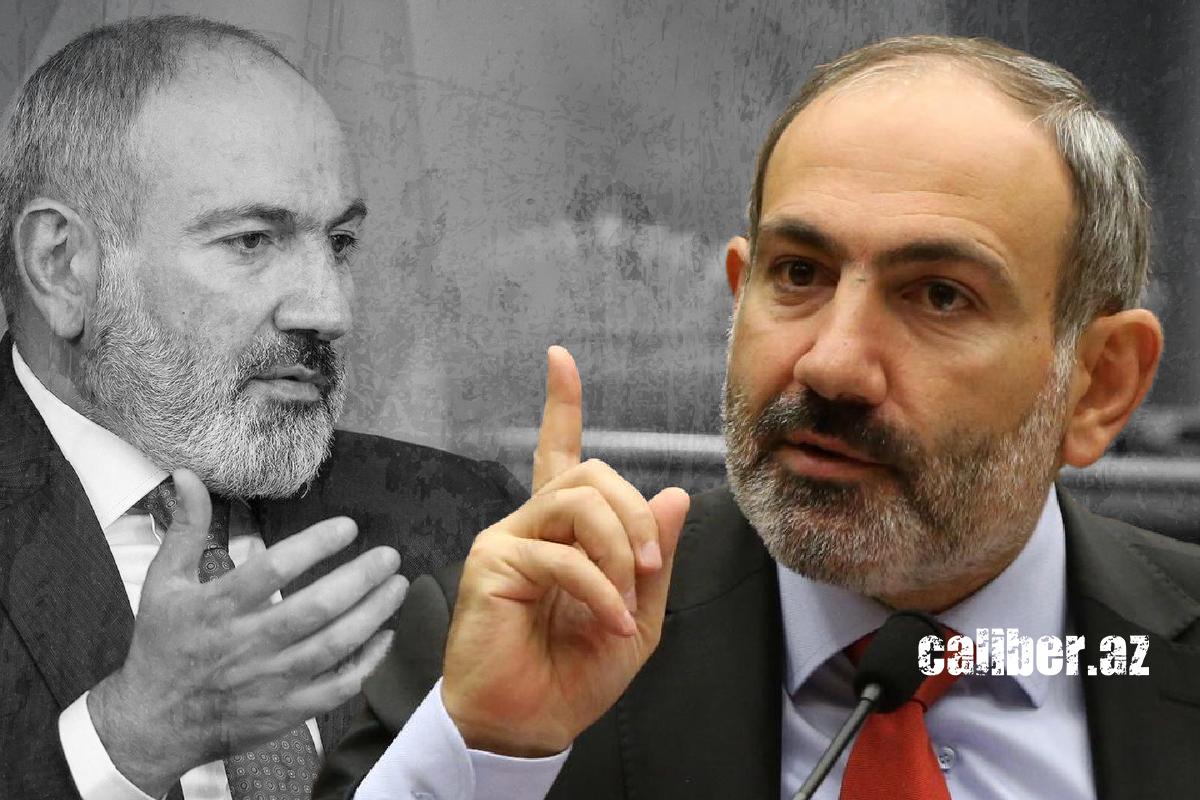Armenia reluctant for peace with Azerbaijan A moment of truth
Invitations for COP29 have been sent to all heads of state around the world, according to Elnur Soltanov, Azerbaijan's Deputy Minister of Energy and CEO of COP29, in an interview with Anadolu Agency. He revealed that more than 50 heads of state and government have already confirmed their participation.

"We expect this number to grow. Armenia has also been invited," Soltanov highlighted. Notably, the Armenian government now faces a challenging dilemma, having officially supported Azerbaijan's bid to host COP29. Declining to attend an event they endorsed would be unreasonable.
However, there's more at play. Armenia’s leadership is often constrained in its decision-making, frequently acting under the influence of directives from Paris or Washington. This was evident recently when Armenian Prime Minister Nikol Pashinyan declined a meeting with Azerbaijani President Ilham Aliyev in the United Kingdom.
To recall, the UK government offered to organize a meeting on the sidelines of an event in Oxfordshire. However, Armenia declined, even though just four months earlier, German Chancellor Olaf Scholz facilitated a similar meeting in Munich. This sudden shift in Nikol Pashinyan’s position clearly stems from a new agenda imposed by external powers.

This new agenda is focused on derailing peace negotiations with Azerbaijan, as evidenced by recent developments. A group of opportunists, former separatists calling themselves "factions of the Artsakh National Assembly," issued a statement concerning COP29, which is scheduled to take place in Baku.
The most ironic part of this collective absurdity is their demand: that the international community "wake up." One can only wonder what state they believe the international community is in, according to these complainers. Frankly, it’s not even worth detailing everything written in their statement. It’s all predictably filled with primitive lies and nonsense.
But this raises a valid question for the Armenian government: how could such a "statement" even come about? It brings to mind several key points. For example, in December last year, a provocative claim was made by Vladimir Grigoryan, who called himself an "advisor" to the last leader of the illegal Karabakh junta, Samvel Shahramanyan. Grigoryan alleged that the "decree" dissolving the Karabakh junta supposedly no longer exists.
This claim came just three months after Azerbaijan's successful counter-terrorism operation in the Karabakh economic region, after which Shahramanyan declared that the so-called "Nagorno-Karabakh Republic" would cease to exist by January 1, 2024. At the time, members of Armenia's ruling party publicly expressed their outrage at such a provocation.
For instance, Arthur Hovhannisyan, the secretary of the "Civil Contract" faction in Armenia's National Assembly, questioned at the time: Who is Samvel Shahramanyan? He asserted that only the decrees and decisions of Armenia’s legitimate government hold any validity in Yerevan and the rest of the country. But if that’s true, then how did this "statement" from a group of Karabakh separatists who have settled in Armenia come to light?

Obviously, the Armenian leadership can fully control every former Karabakh separatist residing in Yerevan or any other city in the country. This is especially true for those who were once part of the so-called "factions of the Artsakh parliament." The fact that another provocative statement has emerged from this group suggests it could only have happened with the knowledge and approval of the Armenian authorities. Clearly, these authorities have no real intention of pursuing peace and are instead following the directives of their external patrons, who are skilled at sowing chaos to later exploit it for control.
By Akbar Hasanov








